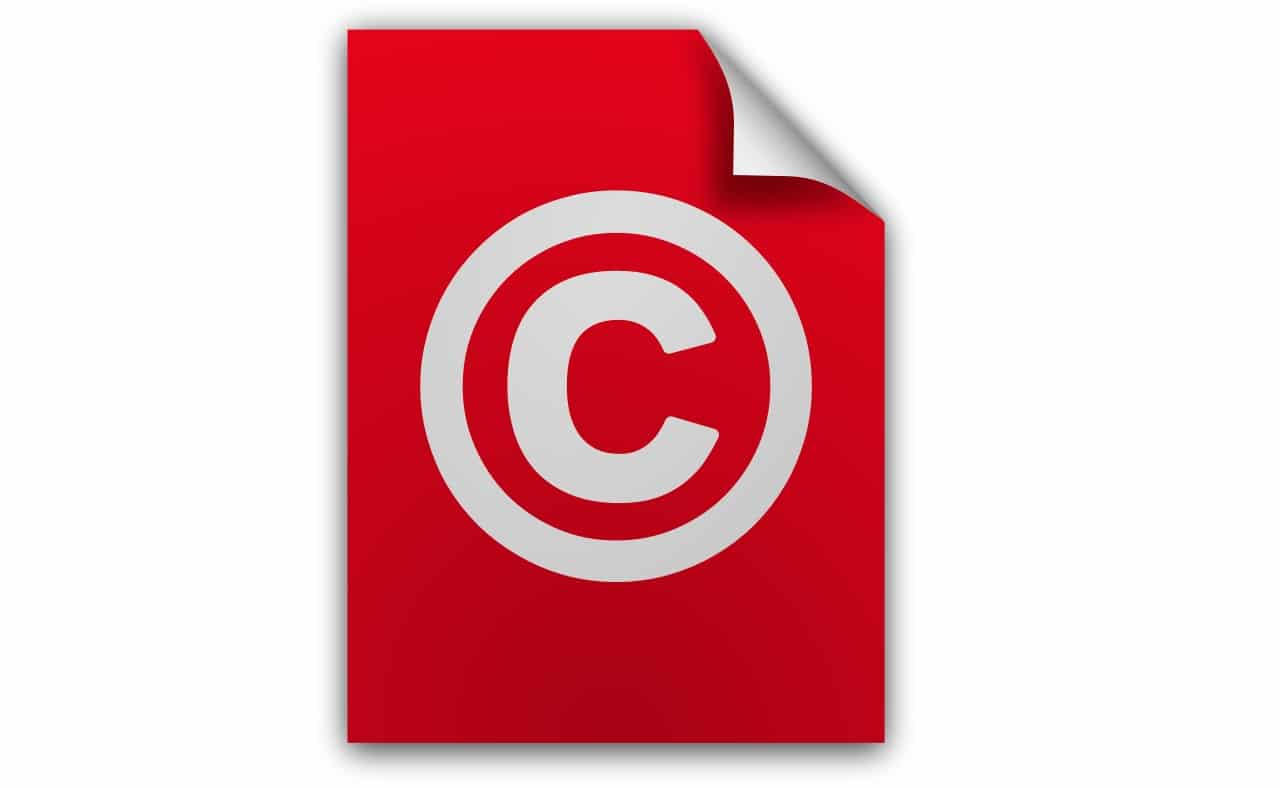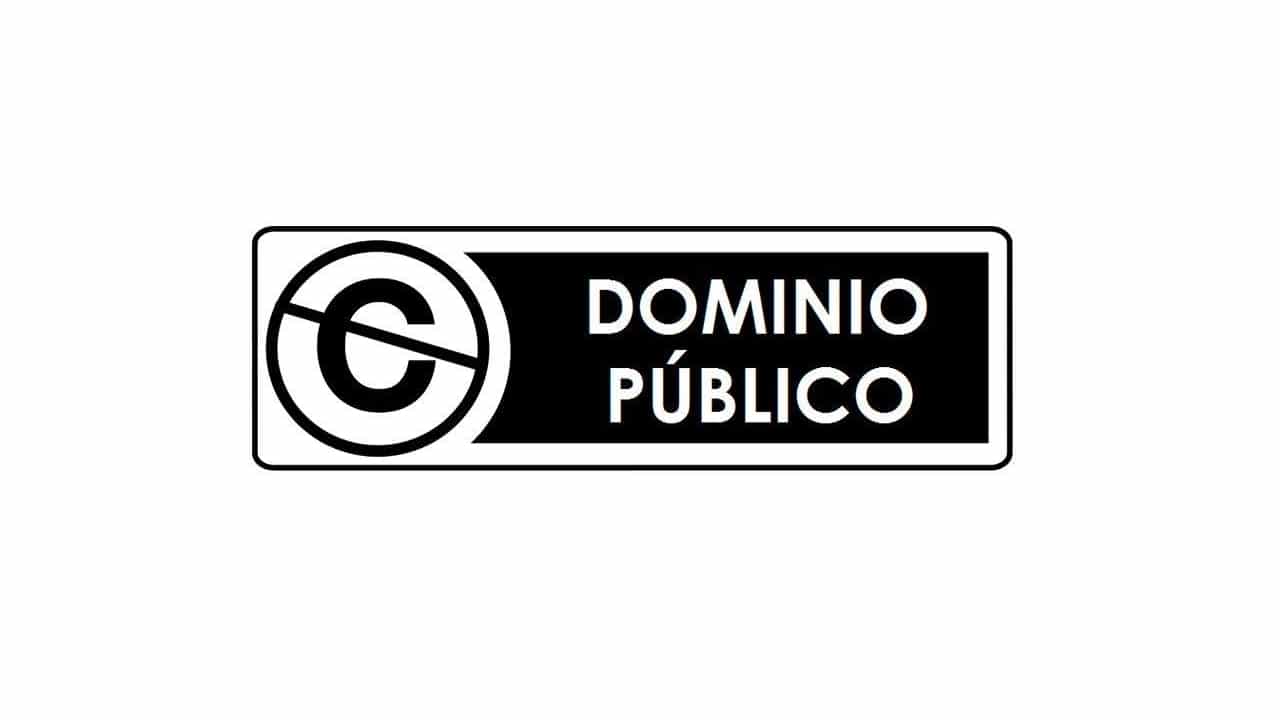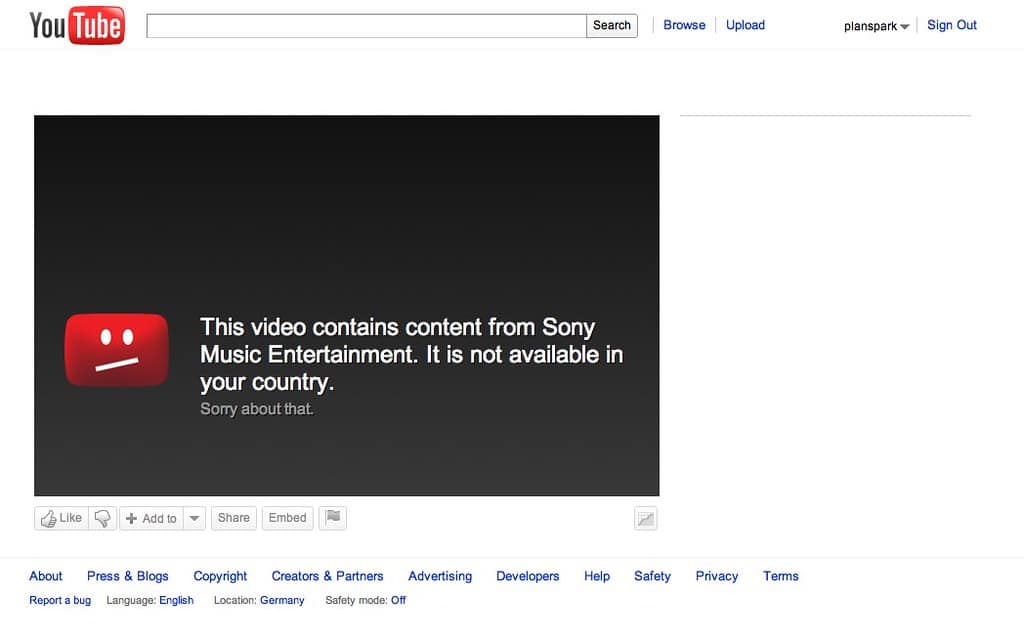
When you find a song, or any other sound, on streaming platforms like YouTube, Twitch, etc., it is always interesting know if that audio is protected by copyright or copyright or if it is in the public domain and you can use it freely. This is even more important if you dedicate yourself to uploading videos to these platforms and do not want them to be removed for violating your rights.
To be able to do this, it is very simple if you follow the steps in this tutorial. In addition, you will also know the types of rights that a song can have and what each of them would allow you to do ...
Types of rights that affect songs: not everything is Copyright

When talking about content created by an author or authors, this content can be published in multiple ways. The author can choose:
- Duty free: They are songs or sounds that have no rights, so anyone can use them for whatever they need, without having to pay royalties, or breaking any law. They are usually very popular on websites where there are galleries with resources of this type designed so that anyone can use them in their presentations, videos, etc. This includes publishing them under free domain as well, and even monetizing them without restrictions and legally. Of course, being free of rights is not always synonymous with free, something similar happens to free or open source software, one thing is that you can access its code and another very different that the developer cannot charge for their work ...
- Public domain: can be confusing, and perhaps similar to the above. However, these works are those that were copyrighted at the time, but that the author has not renewed the copyright of his work or has long since died and have expired. In Spain, the Intellectual Property Law establishes that the rights to a work end 70 years after the death of the author. From that moment on, music became public domain, so anyone could use it freely. However, be careful because there could be versions of these works that were created after the original and that will be protected. This is so because in music there is the copyright on the musical composition or lyrics of the song, and there is also the right to record sound ...
- Creative Commons Songs: these CC licenses they can be modified by the author, allowing others to use it in a different way. That is, they can be used for free, but with some conditions. To identify what these conditions are, you can look at the graphic that usually accompanies these works and the letter codes:
- BY: recognition, allows any type of exploitation of the work, even commercial, create derivative works, distribute it, etc. The only condition for these uses to be legal is to cite the author of the original.
- BY-NC- Non-commercial, similar to the above, but does not allow the use or create derivative works for commercial purposes. For example, you could use it in a non-profit video, that is, not monetized and quoting the author in the credits.
- BY-NC-SA: this other introduces another concept, being the same as the previous one, but it is more restrictive. In other words, in this case, derivative works would also have to be licensed under the same conditions as the original work. This would be similar to what happens with a GPL software license and a BSD license, that is, restrictive vs. permissive.
- BY-NC-ND: in this case the authorship of the work must be acknowledged (BY), it does not allow commercial use (NC) and also it is not allowed to create derivative works (ND).
- WOULD: As you can see, it is a matter of combining the initials. In this case, the author must be cited and it must be shared equally if a derivative work is made.
- BY-ND: This license allows the commercial use of the work as long as the original author is acknowledged, but it prevents transformations or derivatives from being made.
- Copyright: if the song is protected with ©, It is the author who has all rights reserved. He is the only one who can exploit the work, although there are agreements to assign certain licenses by paying royalties or royalties. Others will not be able to use it for non-commercial work, not even for home videos, and much less to monetize. Unless you have rights assigned by the author, for example, if you have paid to make a version, if you pay to be able to broadcast it in some medium (radio, TV, Internet), etc. And remember, the fact of having paid for a song or an album does not make you a holder of the rights, you can only listen to it yourself and nothing else. All other things are considered piracy (making copies, distributing it, etc.). Even if you play the songs from your Spotify Premium, from YouTube, or from a CD that you have bought, in your business premises or in a vehicle where you transport passengers. That is also persecuted ...
How to know if a song is Copyright

When the song is uploaded to a popular streaming platform, such as YouTube, etc., there are simple ways to how to know if a song is copyrighted. That will avoid problems when using it, or having the video removed, and even committing a crime.
In general, if it is not a very old classic song, and it is a fairly current song by a well-known artist, then 100% will have copyright, so you will not be able to use it in any case. The problem comes with those sounds of unknown authors or less popular songs where it is not known if they are copyrighted or if they are under another license. For those cases, follow the following tutorials:
How to know if a song is copyrighted on YouTube
If you want to check if a video or song is copyrighted or notYouTube has the means to find out, especially after the entry into force of the European Copyright Law and the North American DMCA. The platform now has the power to remove any illegitimate content without prior notice, and without the intervention of the author, although it also admits claims.
YouTube will identify the pieces of audio that are copyrighted in a video of the platform and present them in YouTube Studio. To do this, follow these steps:
- Enter Youtube Studio.
- In the menu on the left click Content.
- Then on the Uploads tab, look for Restrictions.
- You can see there if it has any kind of restriction.
- Hovering over the listed constraints will give you more information on what it means.
And how do you do it on Twitch?
If you are on Twitch, it is likely that you will also come across songs that are copyrighted. The operation and the rights protection rules are very similar to those of YouTube. There is only one difference, and that is that anyone who has uploaded protected content without the consent of the author, may receive three strikes. At the third strike or notice, the account of said user will be deleted.
In this case, only the songs under Soundtrack by Twitch that you have found in the public domain, with a CC that allows you to use them, or no copyright you will be able to use.
How to know if a song is copyrighted on Instagram
On social media like Instagram Many songs are also uploaded to the stories to use as backgrounds in the videos. Of course, this platform also restricts the use of copyrighted songs. If you use a song with rights, you will be notified. And if you do not delete it after the warning, it will be deleted automatically, the video is muted, or it will be blocked.
You can only use free songs rights or under CC licenses ...
How the Spotify Copyright system works
La Swedish music streaming platform, Spotify, it also has its own system to protect copyrights. It allows you to upload songs to the platform, but you will not be able to violate its policy. Being paying a Premium subscription of the platform does not give you the right to use their songs as you want, only to reproduce them for your own use.
Resources for getting audio without copyright
To be able to work calmly that the songs are free of copyright and you can use them for your work without problem, you also have several resources, such as catalogs or royalty-free music libraries. These banks contain a large number of songs and sounds that you can download and use:
Of course, always check the type of license you have, since as I mentioned before, if it is CC, not all allow the Commercial use...